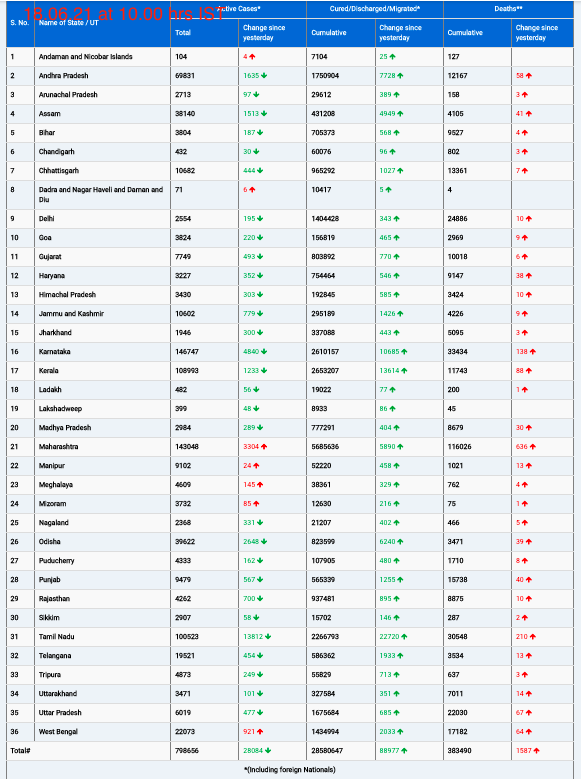In what could become the next global health crisis, the mpox outbreak in Africa has been largely overlooked by the international community. This oversight is reminiscent of past experiences with other neglected diseases like West Nile, Zika, and Chikungunya, which initially were regarded as regional issues before they became global threats.
Discovered in 1958 among captive monkeys, mpox—originally misnamed “monkeypox”—was first identified in humans in 1970. For decades, it was regarded as a rare and geographically confined infection, mainly affecting remote rural areas in tropical Africa. The disease remained on the periphery of global health concerns, receiving minimal attention from the scientific and public health communities.
However, the situation changed dramatically in 2022 when a massive mpox outbreak erupted in developed countries. This outbreak led to a sudden surge in research funding and scientific studies. In fact, more research has been conducted on mpox since April 2022 than in the previous 60 years combined. The outbreak exposed the stark contrast in global response and resource allocation when a disease crosses borders into wealthier nations.
Despite years of warnings from African researchers about the potential global threat posed by mpox, the world remained largely unprepared. The World Health Organization (WHO) has now declared the current upsurge of mpox in central Africa a public health emergency of international concern—the highest alert level that necessitates a coordinated international response.
The 2022 outbreak caught the world by surprise, with over 99,000 laboratory-confirmed cases reported across 116 countries. At its peak in August 2022, more than 6,000 cases were being reported weekly. The outbreak, which primarily affected men who have sex with men, highlighted the disease’s ability to spread rapidly and far beyond its endemic regions.
While the 2022 outbreak led to the rapid development and distribution of vaccines and antiviral drugs in high-income countries, most of Africa was left without access to these crucial tools. The outbreak was largely driven by Clade II MPXV, a less virulent strain of the virus, and the WHO declared this public health emergency over in May 2023. However, the danger is far from over.
In 2023, Africa began experiencing an alarming upsurge in mpox cases, particularly in the Democratic Republic of Congo (DRC). The epicenter of this outbreak is South Kivu province in eastern DRC, where the more dangerous Clade I MPXV, formerly known as the Congo Basin strain, is spreading. This strain is more virulent and has a higher case fatality rate compared to the Clade II strain that caused the 2022 global outbreak.
What makes this outbreak particularly concerning is its distinct epidemiological pattern, characterized by sustained human-to-human transmission, often through sexual contact. The virus has mutated, possibly increasing its transmissibility, and many cases are likely going undetected due to inadequate testing capabilities in the region.
The ongoing crisis in eastern DRC, an area already burdened by natural disasters, violence, and other infectious diseases, underscores the urgency of the situation. This region has previously grappled with the second-largest Ebola outbreak in history, and the challenges of managing the mpox outbreak are compounded by the same systemic issues.
To prevent this outbreak from escalating into a global pandemic, immediate and equitable access to diagnostic tests, vaccines, and antiviral treatments is essential. This requires political commitment and significant financial investment. Additionally, scientific research is needed to better understand the virus’s transmission routes, clinical presentations, and the most effective intervention strategies.
To address this, experts have proposed the creation of an African-led, multidisciplinary Mpox Research Consortium (MpoxReC). This consortium would focus on eliminating mpox as a public health threat and ensuring that no region is left vulnerable to this potentially devastating disease.
The mpox outbreak in Africa serves as a stark reminder that infectious diseases in one part of the world can quickly become global threats. The global health community must recognize this reality and take decisive action to prevent the next pandemic from emerging out of neglect.












